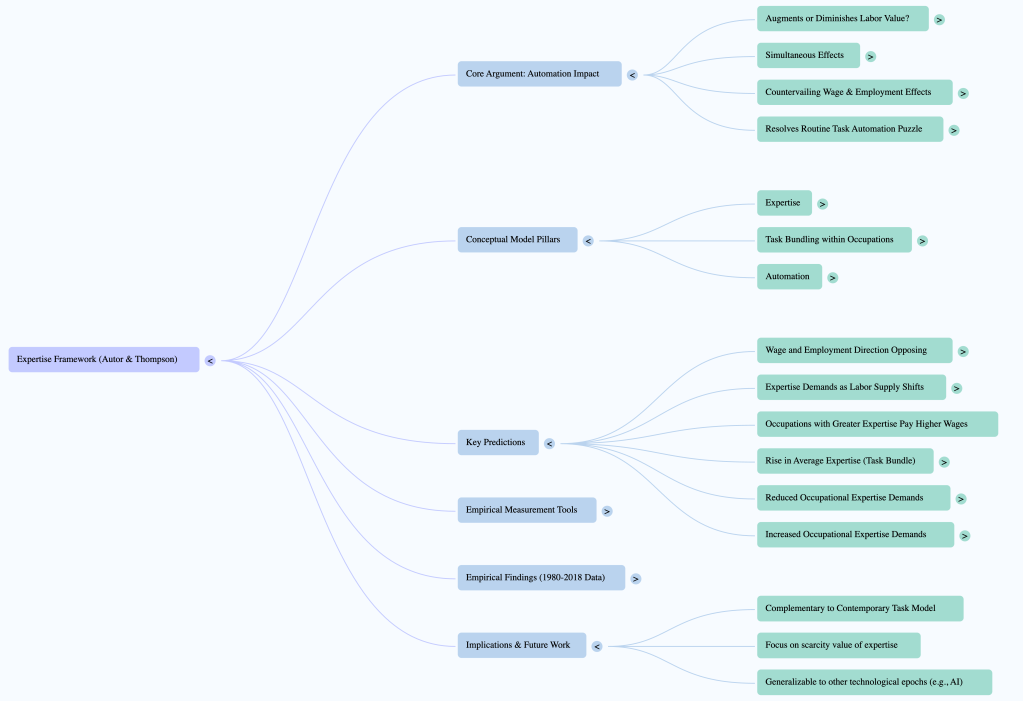Becoming Expert At Expertise
Many, many moons ago, I was part of a five member team.
This team worked on projects. Each project had four stages or tasks: Collection, Cleaning, The Main Thing, and Presenting. The first two tasks required one to be conscientious, The Main Thing is what you were hired for in the first place, and Presenting needed one to be able to yak well.
Each of the five of us was quite good at our jobs, although of course each of us had our own areas of specialization.
The first two things were nobody's favorite thing to do, but it is fair to say that I was probably the worst at them. As my near and dear ones will tell you (it is in fact quite difficult to get them to stop talking about it), about the only talent I have when it comes to conscientiousness is being able to spell it correctly.
It was widely acknowledged that one of the five of us was The Dude when it came to The Main Thing. All five of us could do it, and all five of us were reasonably good at it, but The Dude was something else. He saw things that we didn't, and the more he kept at doing The Main Thing, the better he got.
And as you may have been able to guess by the number of posts on this blog, I was the champion at yakking. Put me in front of a projector, let go of the reins, and you knew I could handle the rest.
But between the five of us, we could handle any project that came our way, no matter how difficult, urgent or intractable. If it was a particularly tricky project at any one of the four stages (or tasks), we would help each other out. But between us, we always got everything done on time, and well.
It was a good team!
Into Each Life Some AI Must Fall
That team disbanded a long time ago. But say that team had been around today, and say that Head Honchos decided that because of AI, some people must be let go.
Based on what you know about the team that I have described, whom would you let go, and why?
Let's generalize the problem:
Assume that there are n tasks to a project, and there are x number of projects that must be done in a quarter, and there are m members in a team. Assume further that some fraction of the n tasks can now be fully done by AI. You are the manager of this team, and you have to let go some fraction of the m members in your team.
How should you think about this problem, if:
You are the manager of this team?
You are one of the m members of this team?
You are hoping to one day become one of the m members of this team?
You are the VP of operations in this company, and you have z such teams working in your department?
You are in government in this country, and you have y such companies in your country?
Simply put, how does one think about this as generally as possible?
Jobs, Tasks and Expertise
We document that automation has raised wages and reduced employment in occupations where it eliminated inexpert tasks, but lowered wages and increased employment in occupations where it eliminated expert tasks. These effects are distinct from—and in the case of employment, opposite to—the effects of changing task quantities. The expertise framework resolves the puzzle of why routine task automation has lowered employment but often raised wages in routine task-intensive occupations. It provides a general tool for analyzing how task automation and new task creation reshape the scarcity value of human expertise within and across occupations.
That's from the abstract to a nice little paper by Autor and Thompson, simply titled "Expertise".
I'm going to apply the core idea of the paper to the team I described above:
If AI got really good at Collecting and Cleaning, but not so much at The Main Thing, then it got good at eliminating inexpert tasks. These tasks (Collecting and Cleaning) take time when done by humans, and do not require much expertise. In such a scenario, our five member team would become maybe a two member team, but those two would be paid a helluva lot.
If AI got really good at The Main Thing, but not so much at Collecting and Cleaning, the productivity of the team would go up, and it would get a lot more work done. That would be the good news. The bad news would be that this team would now have maybe fifty people, whose sole job it would be to Collect and Clean, so that AI could then do The Main Thing. In such a scenario, our five member team would become maybe a fifty member team, but those fifty would be paid a pittance.
TMKK?
One, read the paper. Read it yourself, or feed it to NotebookLM and read the summary, or the briefing doc, or use a mind map.
And having done all that, think through these questions:
Think about the job you're in, or want to be in. Are you (or do you hope to be) The Dude?
In the job that you're in, or want to be in, will AI replace The Main Thing, or the side gigs?
What is your best guess for how this will continue to play out over the next three to five years or so?
Ideally speaking, from the point of view of wage maximization for you, you should think about jobs where you get to be (and like to be) The Dude, and AI replaces all the side gigs.
If this is not the case for you and your preferred (or current) career path, you need to Think Very Hard.
The correct time to begin was yesterday.


